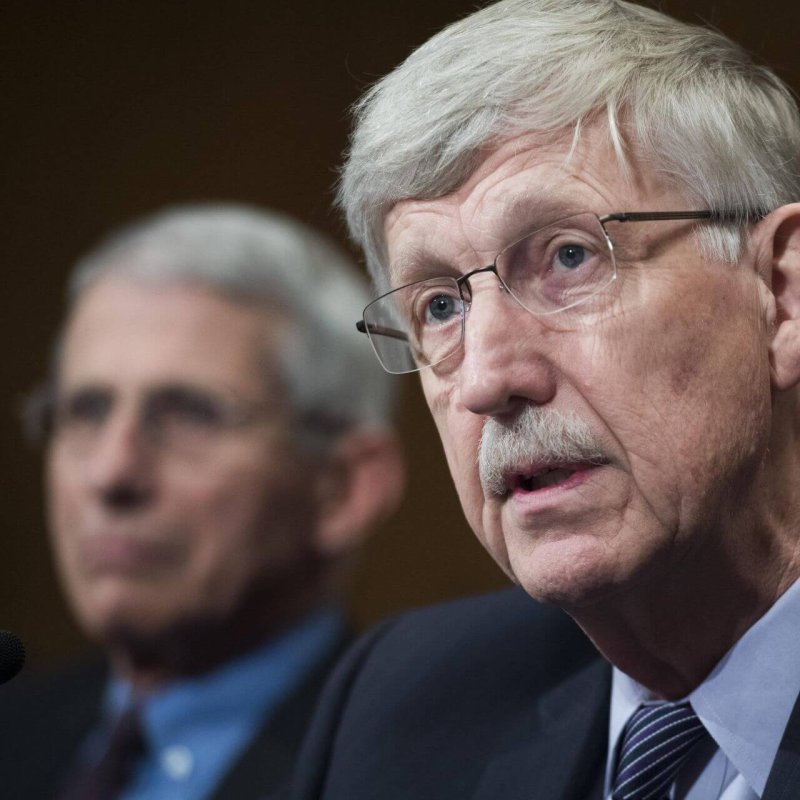From almost the moment the Covid-19 pandemic broke out in the city of Wuhan, the medical-research establishment in Washington and London insisted that the virus had emerged naturally. Only conspiracy theorists, they said, would give credence to the idea that the virus had escaped from the Wuhan Institute of Virology.
Now a string of unearthed emails—the most recent being a batch viewed by the House Oversight and Reform Committee and referred to in its January 11, 2022 letter—is making it seem increasingly likely that there was, in fact, a conspiracy, its aim being to suppress the notion that the virus had emerged from research funded by the National Institute of Allergy and Infectious Diseases (NIAID), headed by Anthony Fauci.
The latest emails don’t prove such a conspiracy, but they make it more plausible, for two reasons: because the expert virologists therein present such a strong case for thinking that the virus had lab-made features and because of the wholly political reaction to this bombshell on the part of Francis Collins, then-director of the National Institutes of Health.
You might think that the senior administrators present at the conference would have rushed to investigate the startling inference that their expert advisers had drawn.
But just one day after the teleconference at which his experts explained why they thought the virus seemed manipulated, Collins complained about the damage such an idea might cause. “The voices of conspiracy will quickly dominate, doing great potential harm to science and international harmony,” he wrote on February 2, 2020, according to the new emails.































